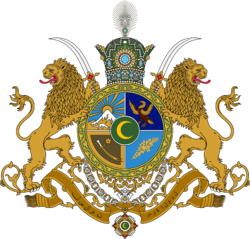National symbols of Çakaristan
From MicrasWiki
Jump to navigationJump to search
The Çakar Empire has several official national symbols including a flag, an emblem, an anthem as well as several national symbols. The nation has a number of national symbols. None of the national symbols of the nation are defined by law but have become part of the national conciousness over the years.
List of symbols
| Symbol | File | Description |
|---|---|---|
| Official name | Çakar Empire شاهنشاهی چاکار Shahanshahi-ye Çakar |
The official name of the nation has changed since the fall of the Great Apollonian Empire and its continuation. Previously, the name Ultimate Çakar Sultanate (Arboric: سلطنة شاكار النهائية Saltanat Shakar al-Nihayiya). |
| National flag | 
|
The Flag of Çakaristan or the National flag of the Çakar Empire consists of a golden crescent moon on a green triangular surface. The long sides are decorated with a lotus pattern in gold. |
| National emblem | 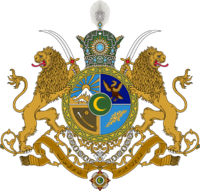
|
The Coat of arms of Çakaristan was adopted in 1711 AN. Until then, the Shahanshah Emblem was kept as the coat of arms. |
| National motto | صلح ثمره عدالت است Peace is the fruit of justice |
This motto was adopted in 1704 AN, before that the creed of Craitism was the motto. |
| National anthem | "Azeem-o-shaan shahenshah" O majestic and noble emperor |
The Azeem-o-shaan shahenshah is the national anthem. The song was first sung at the coronation of Abu Çakar (Akbar) to Sultan and adopted as a national anthem. |
| National day | Independence Day | 4.XIII.1688 AN |
| National monument | 
|
The National Monument is a building in memory of the victims of the Sylvanian National Awakening. The national commemoration is held here every year. |
| National currency | Muhar मुहर |
This currency was introduced in 1704 AN to replace the Golden Kala and the Golden Dinar. |
| National animal | 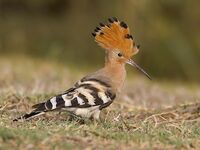
|
Hoopoe The Hoopoe (Upupa epops) was chosen in the formation of the Great Apollonian Empire. It is a bird that is found throughout the area. The bird is considered the king of birds. Until 1698 AN, the White Tiger (Panthera tigris tigris) was the national animal. |
| National food | 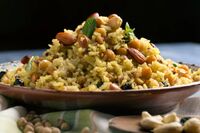
|
Pilav This dish was chosen when the Çakari succession crisis was averted in the so-called 'Pilav Compromise'. Pilav is eaten in many forms throughout the empire and is therefore seen as a unifying element. |
| National drink | 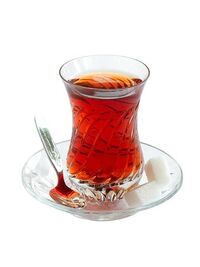
|
Tea This beverage is consumed throughout the empire, and Çakaristan itself is a major producer of tea. Different varieties of tea plants (Camellia sinensis) are grown in the south of Apollonian Çakaristan. |
| National tree | 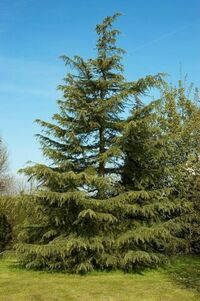
|
Monalan cedar The Monalan cedar (Cedrus deodara) is native to the Monalan Parvat (Monlan Mountains). It was chosen when Sunehra was incorporated, thinking at the time that this state would be the westernmost. |
| |||||||||||||||||||||||||||||||||||||||||||||||||||||||||||||||||||||||||||||
